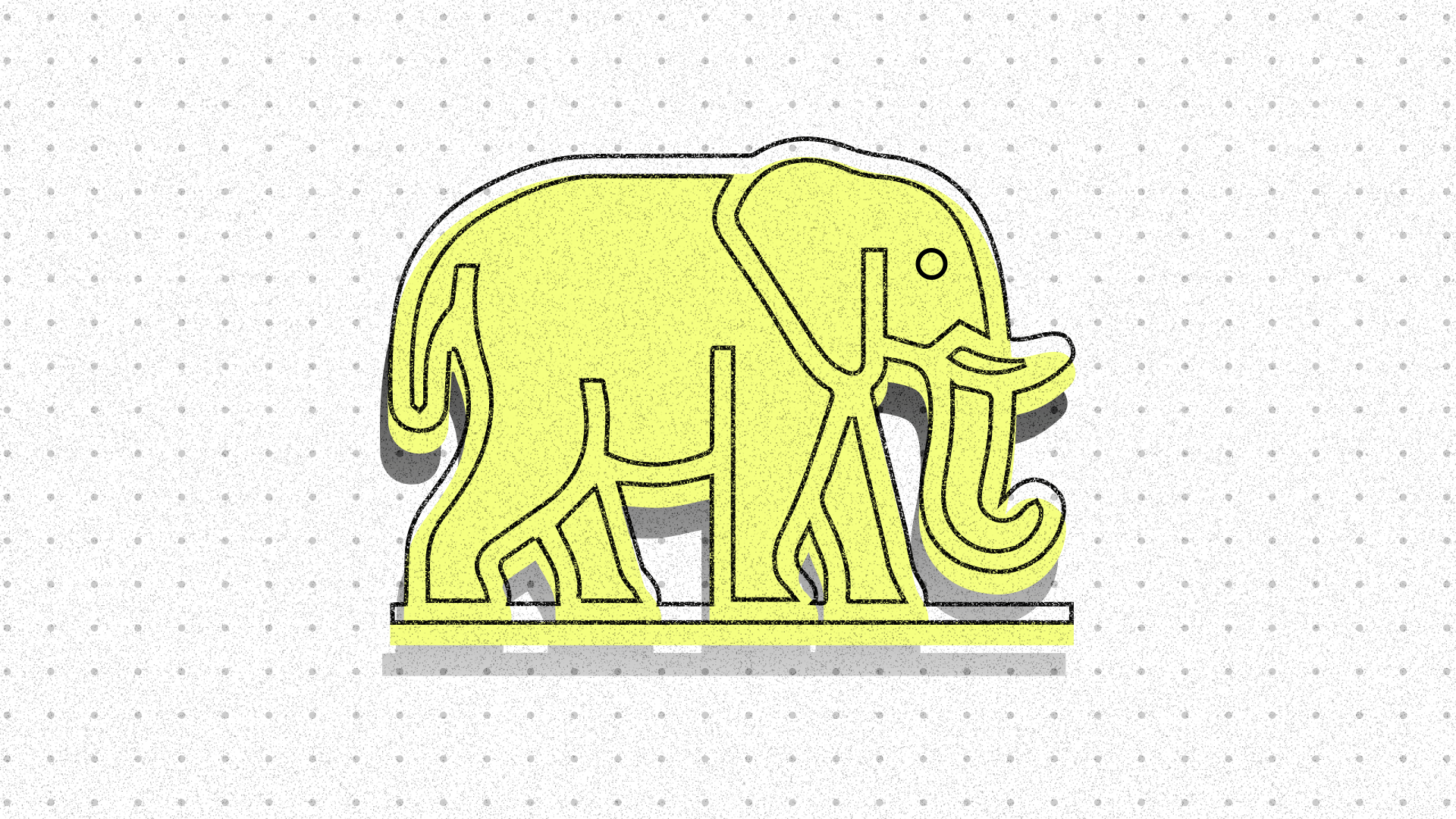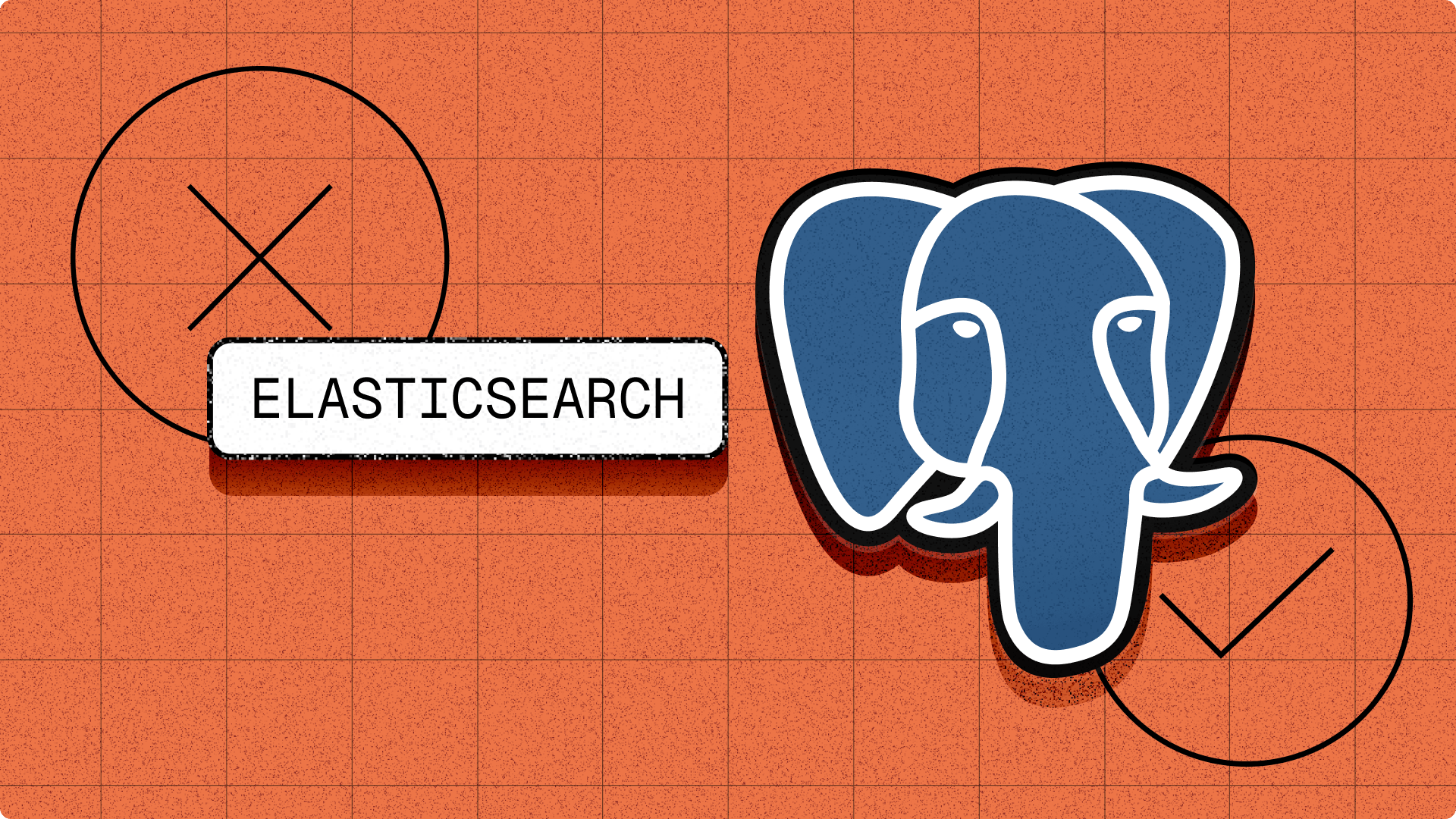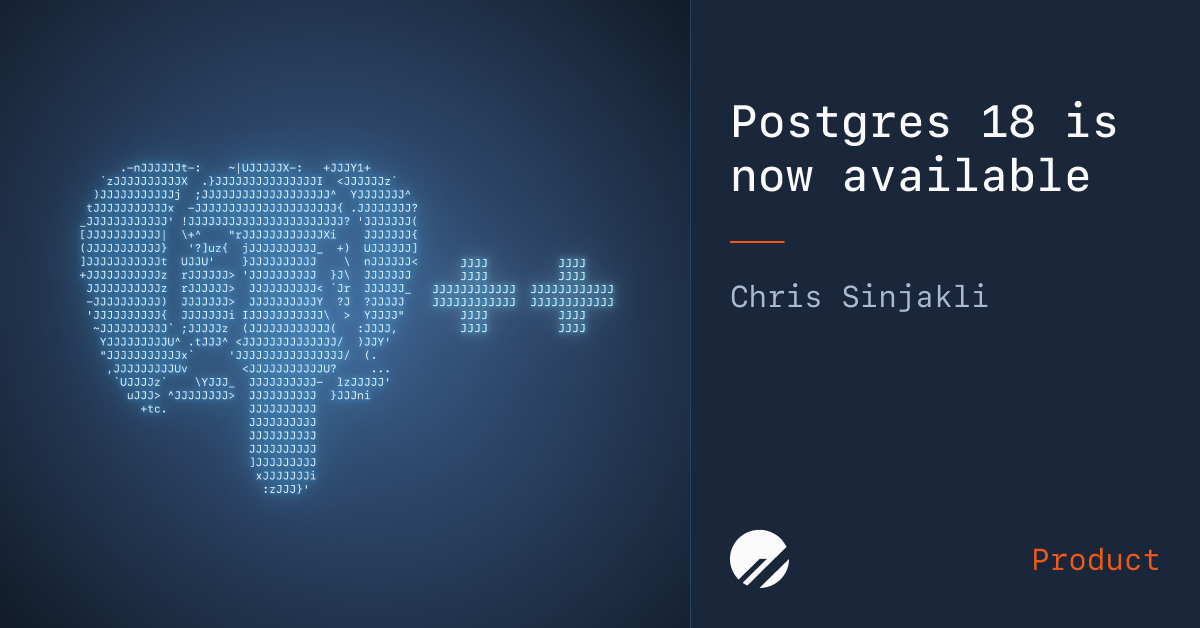
pg_lake正式支持Snowflake Postgres:这对开放标准意味着什么
The New Stack
·

杰里米·施奈德:Postgres 客户端连接检查间隔
Planet PostgreSQL
·

2026年了,尽管使用Postgres
Timescale Blog
·

10个Elasticsearch生产环境问题(以及Postgres如何避免这些问题)
Timescale Blog
·

卡雷尔·莫佩尔:CSI:Postgres — 是谁改变了我的表格??
Planet PostgreSQL
·
戴夫·佩奇:pgEdge Postgres MCP 服务器的新功能:Beta 2 和 Beta 3
Planet PostgreSQL
·

为什么AI工作负载推动团队回归Postgres
The New Stack
·

你不需要Elasticsearch:BM25现在已在Postgres中实现
Timescale Blog
·
菲利普·梅里克:在Postgres上构建AI代理:我们为何开发pgEdge Agentic AI工具包
Planet PostgreSQL
·

$50 PlanetScale Metal正式发布,支持Postgres
PlanetScale - Blog
·



